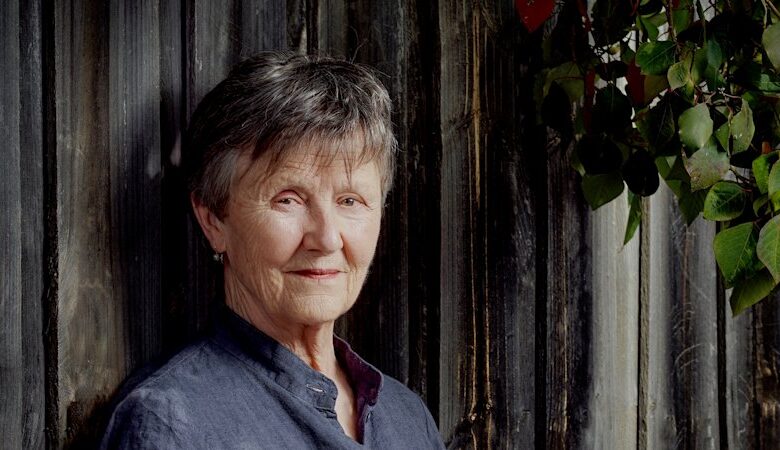How UK literary award win revitalised global attention

In the 24 hours since Helen Garner was named winner of Britain’s top non-fiction prize for her deeply intimate diaries, How to End a Story, she has been inundated with congratulations from fellow writers and readers and undertaken almost a dozen media interviews, including the BBC.
“Flabbergasted” and “exhausting” are how she describes the immediate aftermath of her being named as the winner of the prestigious Baillie Gifford Prize for Non-Fiction, her first major award in the UK.
Until shortlisted, she’d never heard of the literature award, and has long been ambivalent about the value of prizes themselves.
Australian writer Helen Garner has received the $100,000 Baillie Prize for nonfiction, one of the UK’s top literary awards.Credit: Darren James Photography/Orion Books via AP
“It’s a very strange feeling because I’m getting all this kind of attention at the moment,” Garner, who turns 83 on Friday, told this masthead. In recent months, she has also gained international attention as a favourite of pop singer Dua Lipa’s book club and when the cover of her gripping debut novel Monkey Grip appeared in an episode of Sex and the City sequel And Just Like That.
“At this very advanced age, suddenly my back list is being published and praised in other countries, and it’s the same books that I couldn’t get published in those places years ago when I wrote them. Now it’s a different story. That’s gratifying and yet at the same time people say, ‘Oh, you must be so happy’ and, well, ‘no, I’m not actually’. I’m just so ordinary.”
The acclaimed writer is the second Australian to win the Baillie Gifford Prize, worth $100,000, in as many years. Garner follows in the footsteps of last year’s winner Richard Flanagan, who won the 2024 prize for his genre-bending memoir Question 7. Other notable winners include Anna Funder in 2004 for Stasiland and Helen Macdonald for H Is for Hawk in 2014.
Loading
Garner’s How to End a Story is a collection of diary fragments recorded over 20 years, spanning her career in bohemian Melbourne, the reception to Monkey Grip’s release in 1977, and her collapsing marriage in the 1990s. The collection was first published in three separate volumes in Australia.
Rachel Cooke of The Observer wrote that, “these are the greatest, richest journals by a writer since Virginia Woolf’s”. In his review for this masthead, Peter Craven described it as a “tremendous feat” of “bloodcurdling credibility”.
Source link


